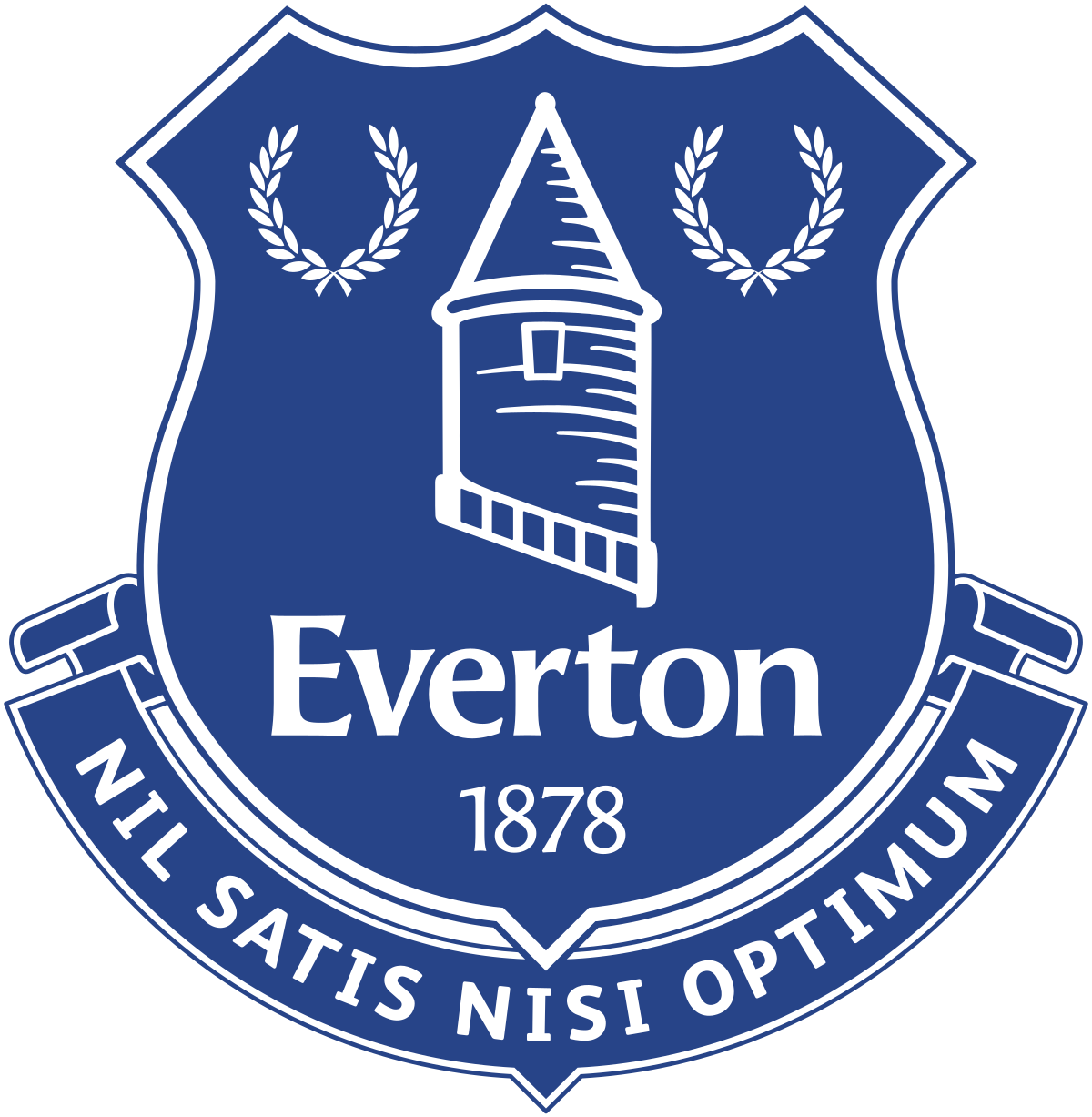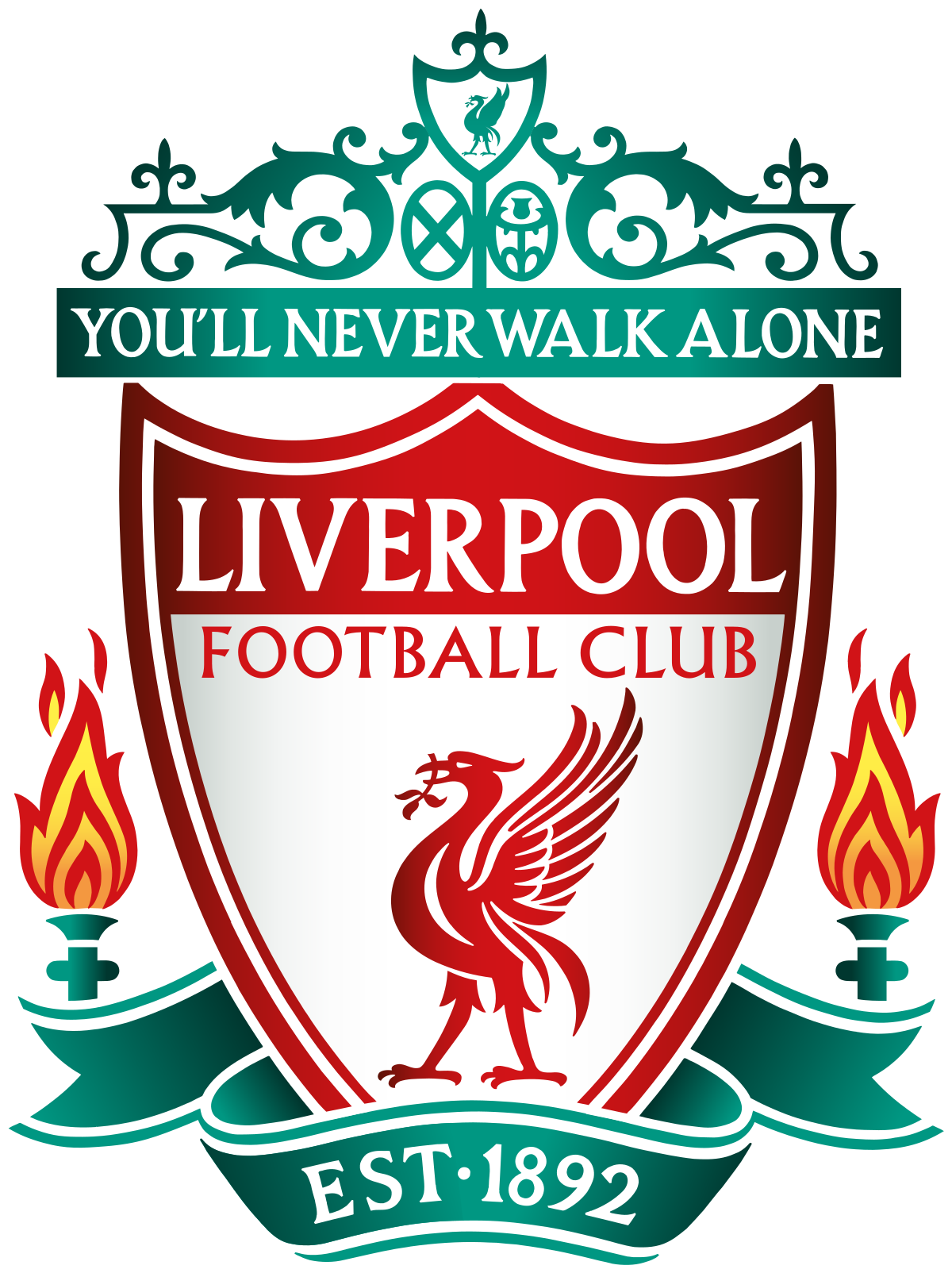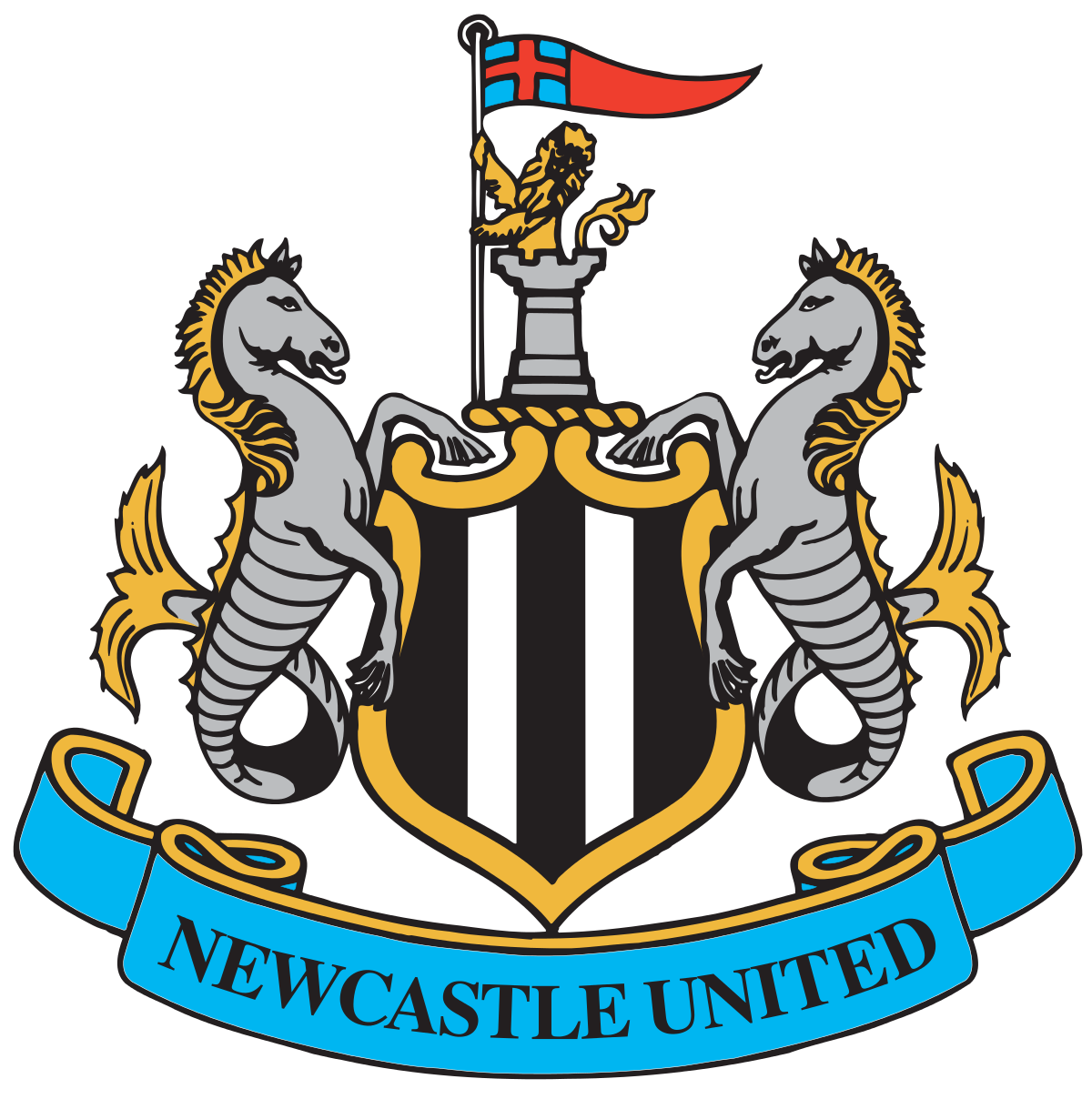The debate was moved by Lord Borwick (Con) and was focused on reviewing the challenges and opportunities for disabled people to have better access and inclusion over the next 50 years.
The debate focused on a cross section of society from the public’s attitudes and understanding to accessible transport and attending live sport.
Level Playing Field has been campaigning for greater access and inclusion for disabled fans at sports stadia for over 20 years. In the ‘Sporting Future – Strategy’ published by this Government, this clearly references that taking part in sport as a fan contributes to a persons physical and mental well-being and something that needs to be continued and enhanced.
The Lords discussed how far some sports have come, however, that there is still a long way to go. This was raised by Lord Faulkner, who is a vice-president for Level Playing Field.
During the debate, Lord Faulkner states:
“The charity gave me tremendous support when I took a Private Member’s Bill, the Accessible Sports Grounds Bill, through this House in 2015. Virtually everyone who spoke in its Second Reading debate was strongly supportive, particularly of the principle that each stadium should follow accessible guidelines and improve the experience for disabled people attending matches. As is the fate, sadly, of almost every Private Member’s Bill that starts life in this House, mine made no progress in the other place—but there seems to be little doubt that the pressure put on the football authorities by your Lordships helped to secure a remarkable change of approach. Access is now high on the agenda for clubs and sports governing bodies, and clubs have a clearer understanding of what they need to achieve.
Level Playing Field tells me that the Premier League pledge has resulted in the biggest change in facilities for disabled fans since the league was founded in 1992. Of its 20 members, 17 now meet the accessible stadia guidelines for wheelchair user spaces, and over 1,000 more spaces have been provided across the Premier League since the pledge was signed. There have also been 16 changing places and 10 sensory rooms created. All Premier League clubs have identified easy access and amenity seats, and more disabled away fans can now sit alongside their fellow supporters.
As recently as 2016, after the publication of the Select Committee report, I was still very critical of the lack of progress. While there is still a lot more to be achieved in the Premier League—including ticketing processes, sight-lines, persistent standing, appropriate audio-descriptive commentary and away-match experiences — I am pleased to acknowledge how much the situation has got better. I commend six clubs in particular where the pledge has led to really significant improvements: Everton, Chelsea, Watford, Newcastle United and our two proud competitors in the European Champions League final, Liverpool and Tottenham Hotspur. They all meet the accessible stadia guidelines.
The English Premier League pledge has also had a beneficial effect on the Football League. Championship clubs now have two years following promotion to meet the accessible stadia guidelines. Some good work is being done in Leagues One and Two and lower down, but there are inconsistencies that need to be addressed. The same applies to sports such as rugby, cricket, tennis and horse racing, which are following the Premier League’s example in assessing their own facilities and making improvements.
Tony Taylor Chair of Level Playing Field said: Over the past decade we have seen some significant improvements. It is no doubt the Premier League pledge in 2015 has been a catalyst for progress and development. The pledge was a clear case of what gets measured gets done and something we need to see more of across other leagues and sports.” He went on to say “Sport participation as a fan is far more than watching 90 minutes of your team slogging out a victory, it’s a sense of belonging and identity, a connection with your community and those clubs and leagues who provide this should be commended.”
Level Playing Field hope to see a huge improvement over the next 50 years. Where disabled fans don’t face the challenges that they may face now and there is a greater level of equality between all fans when they attend live sport.
For the full debate please click here.

 Chelsea
Chelsea Everton
Everton Liverpool
Liverpool Newcastle United
Newcastle United Watford
Watford